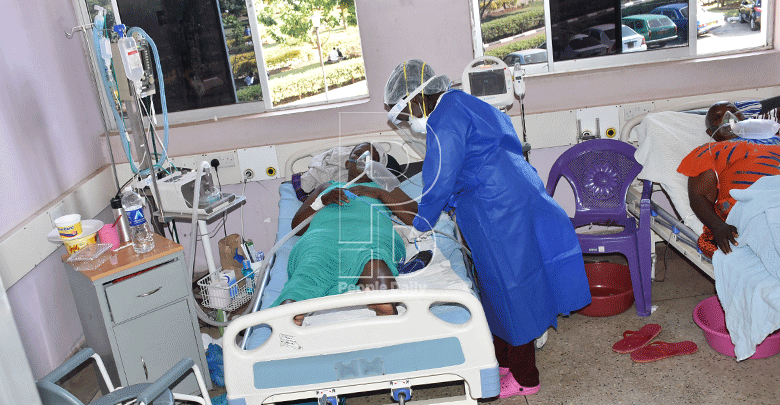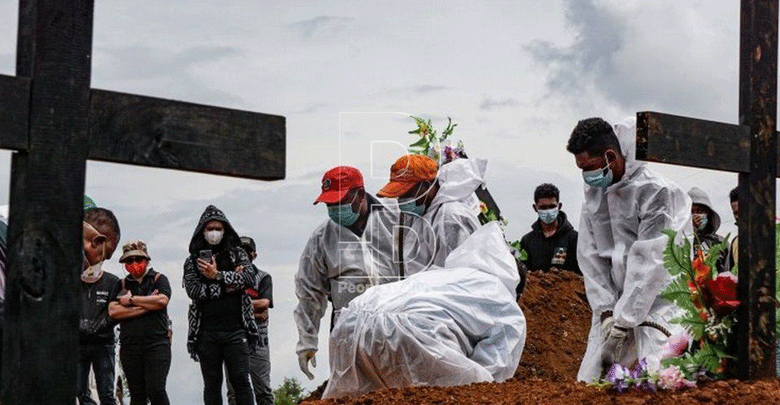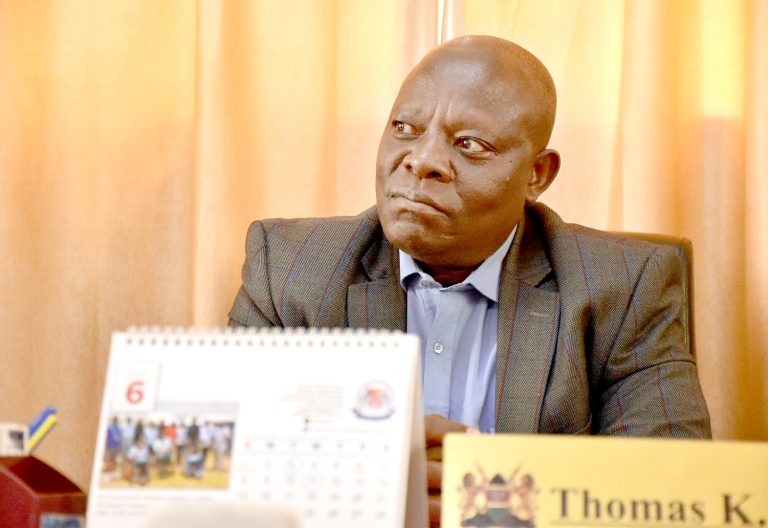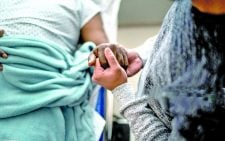Worry as Central Kenya reports spike in Corona
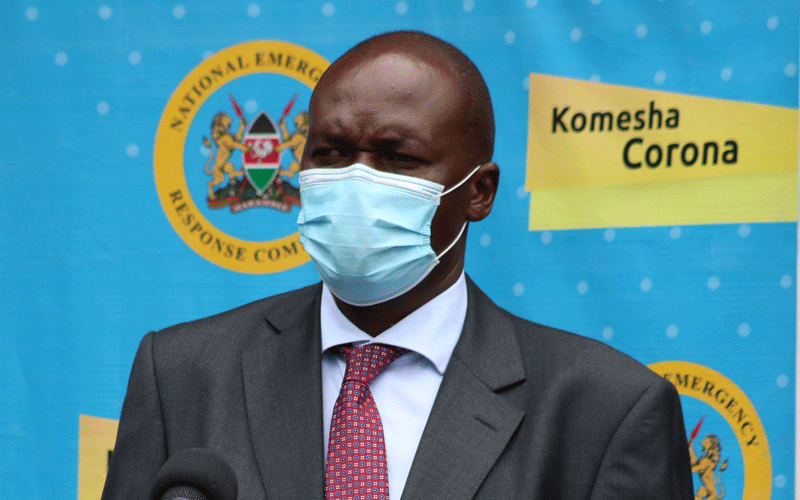
There is reason for former Central Kenya residents to worry about the prevalence of the Covid-19 pandemic in the country.
Latest figures released by the Ministry of Health show the five counties that make up the populous Mountain region has registered a caseload of 1,096 against the national figure of 1,600 in just a week between August 30 and September 5.
“Kiambu has recorded 420 cases, followed by Murang’a (207), Nyandarua (179), Laikipia (147) and Nyeri (143).
“This are not encouraging results for the region that has the biggest number of elderly people with underlying conditions,” Dr Amoth said hinting that the Johnson & Johnson vaccine could be prioritised in this region.
However, Nairobi has the highest Covid-19 attack rate of more than 2,000 persons in every 100,000 people.
This is approximately four times the national average of 508 people for similar number.
The city is followed by Mombasa, which has an attack rate of 1,269 people in every 100,000 population.
Health acting Director General Dr Patrick Amoth explained that Nairobi’s Covid-19 caseload has remained high since the disease was first reported in the country due to its heavy population.
Another factor putting Nairobi at high risk is the fact that it is the country’s main point of entry, Amoth said.
“Nairobi is also top on the list of counties with highest caseload between August 30 and September 5 with 1,506 cases,” he said.
Other counties with a high number of cases include Nakuru (347), Uasin Gishu (239), Kajiado Muranga (207), Nyandarua (157), Kajiado (157) and Mombasa (127).
“By this analysis, it significant the burden of disease is in former central province counties which in terms of demographic profile has a large population of elderly people who tend to have comorbidities such as diabetes and hypertension which are risk factor for severe Covid-19,” said Amoth, calling on Kenyans who have not been vaccinated to do so to enhance their protection levels against the disease.
“The fourth wave brought about by Delta variant is broader in terms of cases, it is 50 to 60 per cent more transmissible and also more severe since more people are getting admitted in health facilities compared to the third wave.
He said Kenya had recorded a total of 242,000 confirmed cases from 2.5 million tests.
Impressive recovery
There was however an impressive recovery rate of around 95 percent, he said.
“Regrettably though, the country has lost 4,830 persons, a case fatality of two per cent, less than the global death rate. This is due to a combined efforts of health care workers,” he said.
Amoth said that 2.2 million Kenyans had already received the first Covid-19 vaccine dose while another 817,000 had received both doses, representing three percent of the targeted population.
“You can see we are still lagging behind but this was because of the challenge was availability of vaccine. Kenya has now in the last three weeks received vaccines.
I believe with the time we have and if we up our game we could be one of the African countries that have met the 10 per cent targets like South Africa and Morocco who have made the target,” he said.

